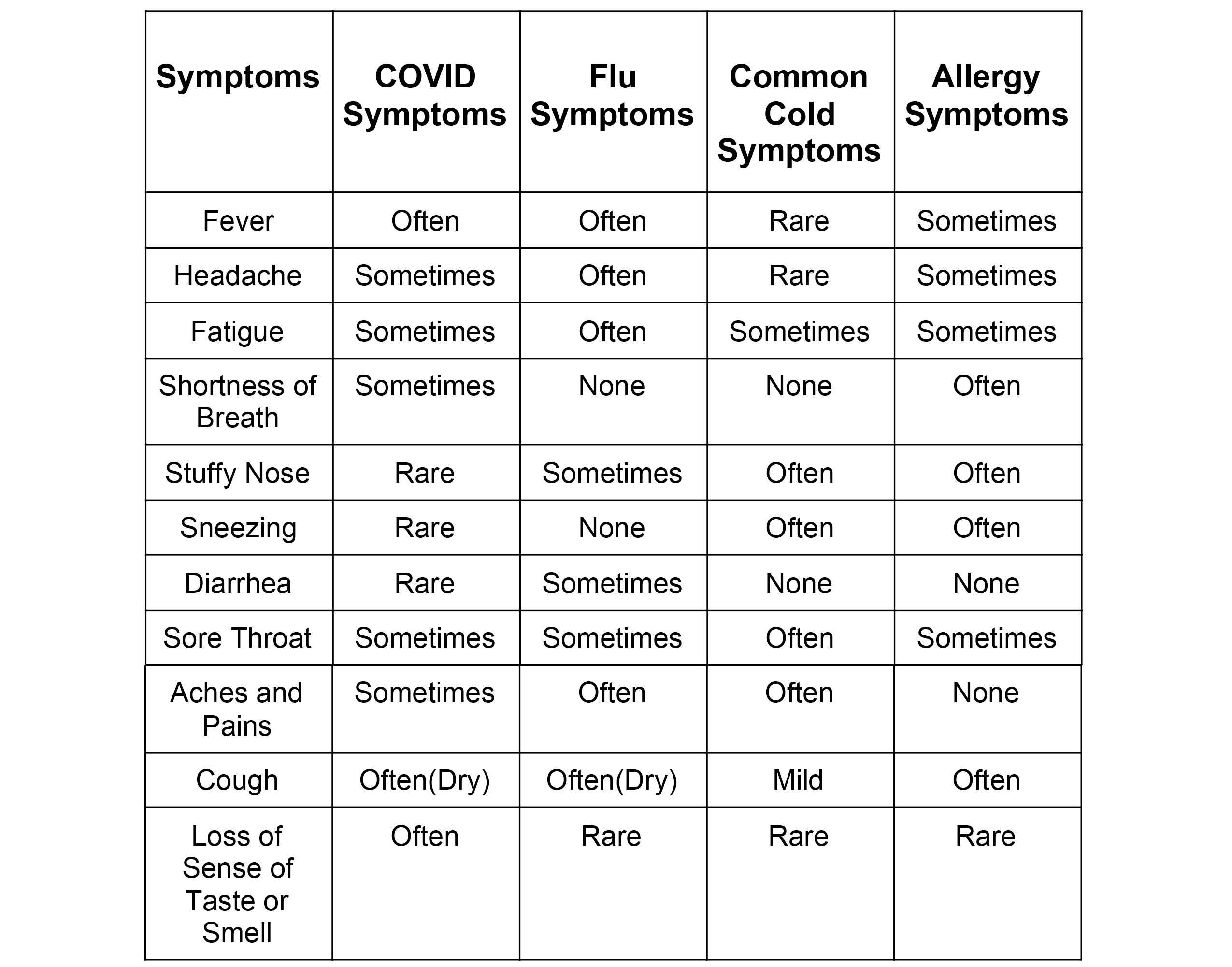


Balance the risks repeated vaccination has minimal if any risks, while reinfection risks vascular damage and long-term brain effects. However, people can get reinfected, and the appearance of new strains that can escape the protection from older vaccines might argue for getting the new vaccine when you can anyway. It has been suggested that you don’t need a new vaccine for two months after a positive test. How long should you wait after a COVID positive test to get the new vaccine? If we continue to let the virus spread and generate new variants, you can expect to see a continuing need for updated vaccines, perhaps as frequently as every year. The new vaccine has sequences that target the newer strains of COVID that are circulating in the population, including some that are more able to escape the antibodies produced by the older vaccines. What is the advantage of the new COVID vaccine over the others? Remember many of us have elderly and immunocompromised people in our families, so let’s do our best to protect them. Infection with the newer strains can be relatively mild or even asymptomatic, and spread is far more likely now that most people stopped washing their hands and wearing masks, even when they have symptoms. Not only will it better protect you from the newer strains that are circulating, but it will also help minimize the spread in the community because you will be less likely to be contributing to the spread. My own preference is that everybody should indeed get the new updated vaccine for the same reason we always have asked people to get the flu vaccine, as well as the other important vaccinations. Seasonal flu, caused by a different virus (influenza), also shows a similar pattern for the same reasons. It would be an overstatement to say that the coronavirus strains surge in fall and winter since we only have a year or so experience with the COVID strains, and as they used to say, "One swallow does not a summer make." Other coronavirus strains that are not COVID, that cause common cold symptoms, do tend to be seasonal, and this may relate to both the better survival of the virus on surfaces in colder weather, as well as the easier person-to-person transmission during cold weather when people are squeezed together in close quarters indoors. Why do coronavirus strains surge in the fall and winter? Lo is a distinguished professor of biomedical sciences in the School of Medicine at the University of California, Riverside. David Lo answers some common questions about the new vaccines in the Q&A below. How does this affect you? Should you get this new vaccine? Might it protect against long COVID?


 0 kommentar(er)
0 kommentar(er)
